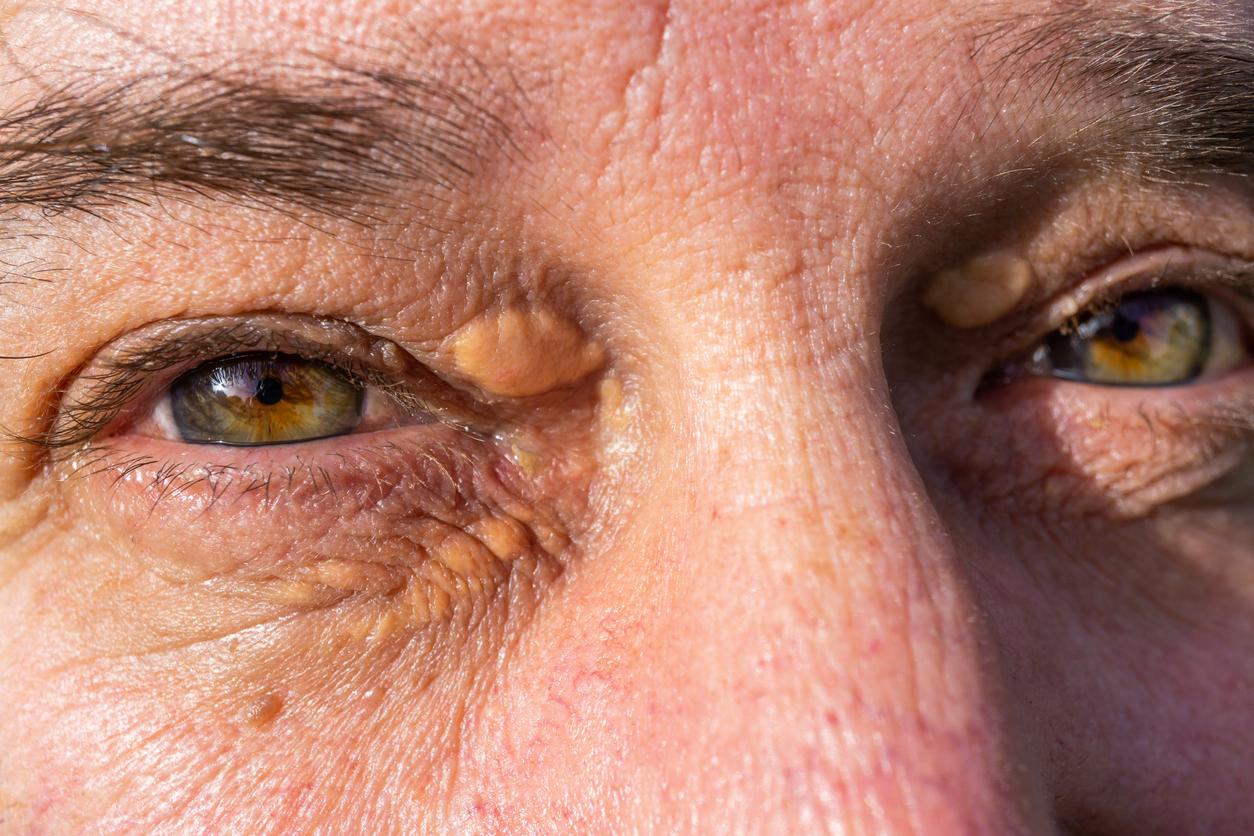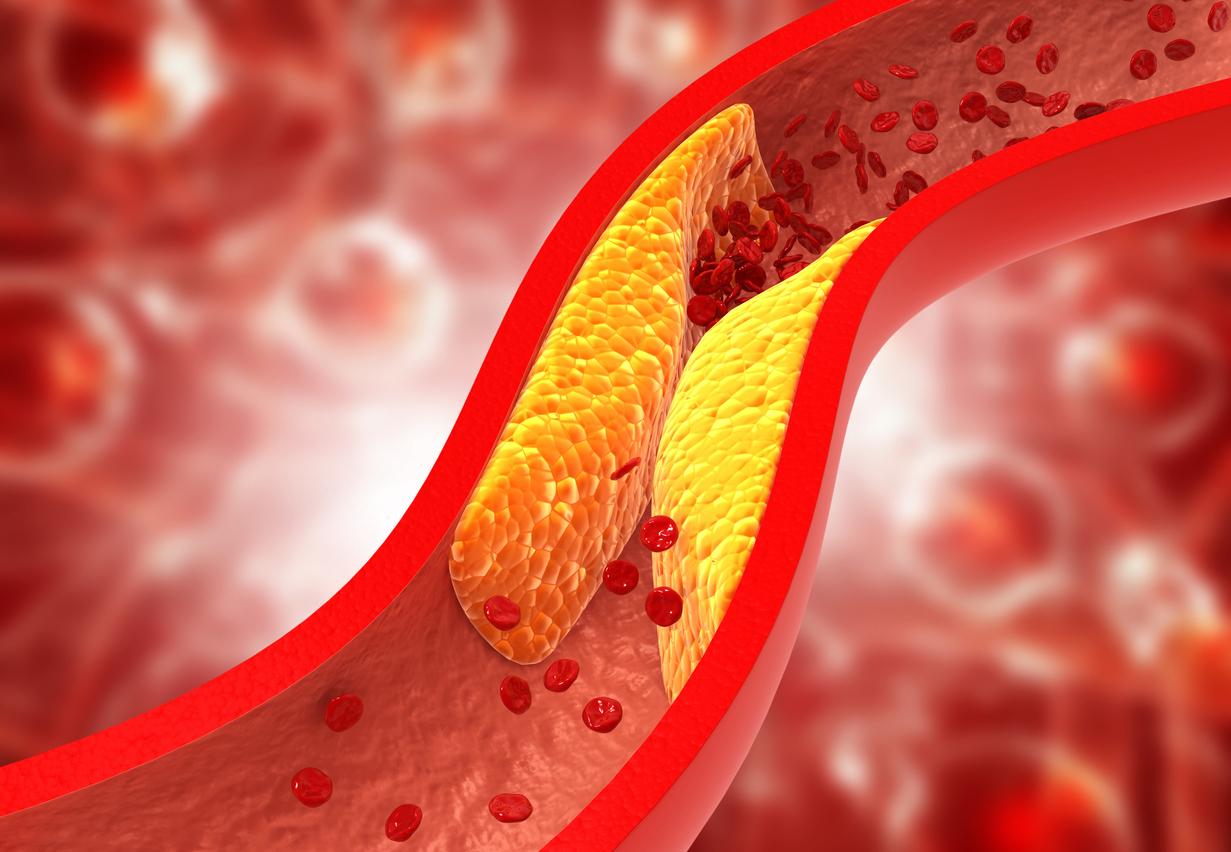The ASCOT Legacy study followed 8,580 patients treated for high blood pressure for ten years. Its results go beyond what its promoters expected: antihypertensive therapy reduces mortality independently of other treatments.

Even 10 years later, drugs to lower blood pressure and / or cholesterol continue to improve survival in hypertensive patients compared to controls, and antihypertensive drugs alone also reduce cardiovascular mortality. This is what emerges from the results of the ASCOT Legacy study, presented at the 2018 ESC Congress, and published in The Lancet.
“Patients in their mid-60s with high blood pressure are less likely to die from heart disease or stroke before the age of 75 to 80 if they had taken both ‘Lowering blood pressure based on calcium channel blockers and a statin,’ says Professor Ajay K. Gupta, of the William Harvey Research Institute.
29% less likely to have died of a stroke
The ASCOT Legacy study followed 8,580 patients in the United Kingdom over the long term. All had high blood pressure and three or more additional risk factors for cardiovascular disease. People were randomly assigned to the new treatment at the time, amlodipine (a calcium channel blocker) and perindopril (an angiotensin converting enzyme inhibitor), if necessary, to achieve target blood pressure, or old treatment with atenololol (a beta blocker) plus bendroflumethiazide (a diuretic), and potassium if needed.
Result: Participants who took modern antihypertensive therapy for 5.5 years are 29% less likely to have died of stroke ten years later compared to those who took older therapy (based on a beta blocker) . On the other hand, patients who had an average (6.5 mmol / L) or lower than average blood cholesterol level at the start of the trial and who took a statin for 3.3 to 5.5 years are 15% less likely to have died of cardiovascular causes 16 years later compared to those who received a placebo. This benefit is also observed in the group of people who were not taking cholesterol-lowering treatment.
A subgroup of patients with above-average cholesterol levels who received standard lipid-lowering therapy for 5.5 years experienced 21% fewer cardiovascular deaths over ten years of follow-up with the new treatment by blood pressure compared to the old one.
“These results are remarkable”
“These results are remarkable,” said Professor Peter Sever of the National Heart and Lung Institute, who led the study jointly with Dr Gupta. “We have already shown that statins provide long-term survival benefits, but this is the first time that they have been tested with treatment for blood pressure.” Ajay K. Gupta adds: “The results support the use of an effective blood pressure lowering treatment and a statin in most patients with high blood pressure.”
Today, arterial hypertension (HTA) affects 15 million people in France, or nearly one in three adults. According to study Esteban recently published by Public Health France, 36% of adult men are hypertensive today, against 25% of women. 60% of people over 65 suffer from this pathology; figures which climb to 80% among the over 80s.
Disturbing statistics, especially when we know that many French people suffer from hypertension without knowing it. If more than 84% of people declared to Public Health France having had a blood pressure measurement in the year preceding their health examination, only 1 in 2 (55%) knew of their hypertension among hypertensive people. This proportion was higher for women (62.9%) than for men (50.1%). And among hypertensive people declaring to be aware of their hypertension, nearly 30% were not treated with an anti-hypertensive drug.

.

















